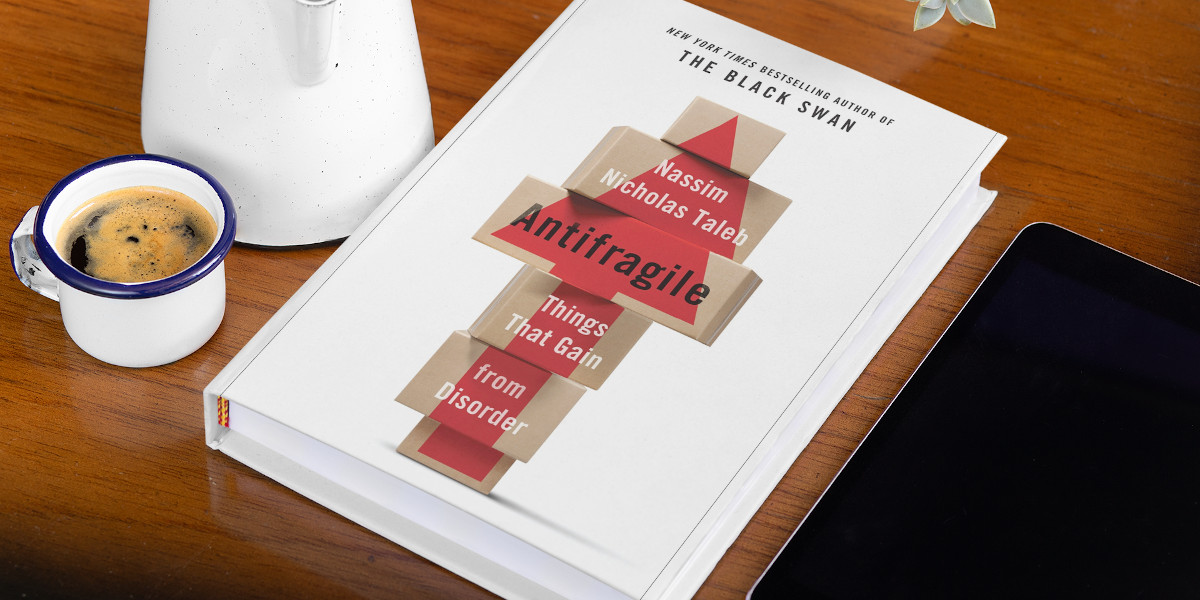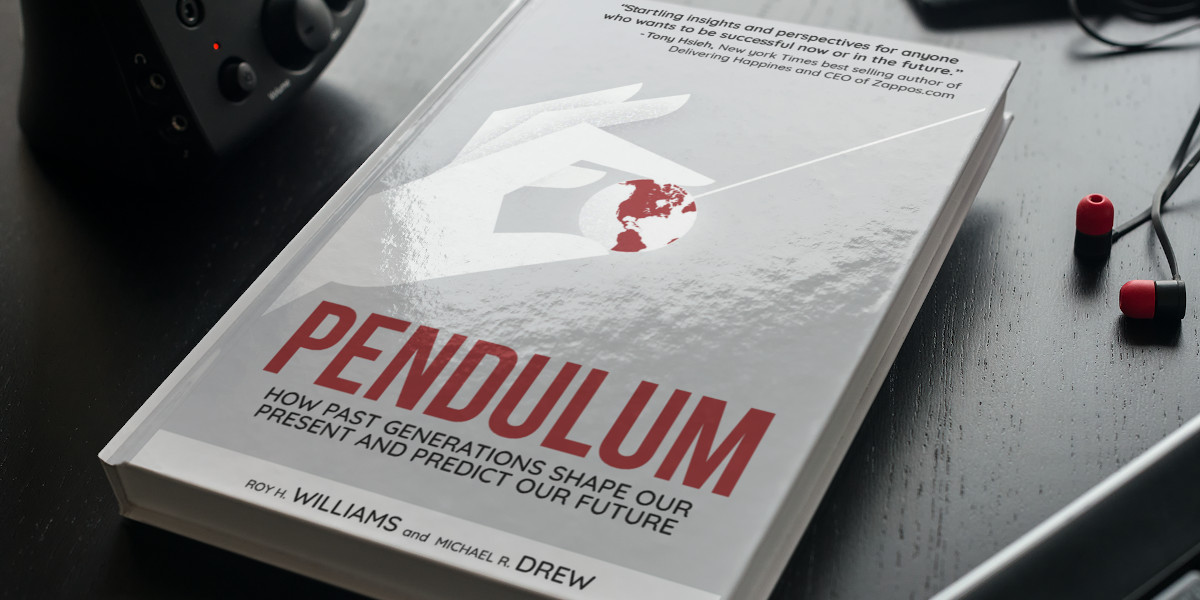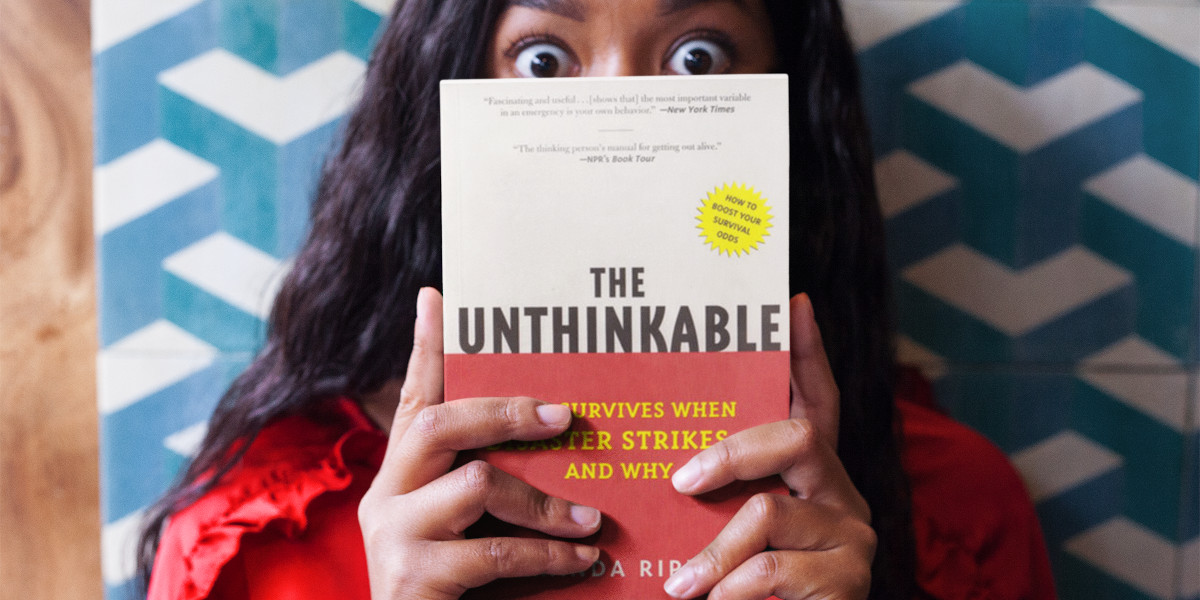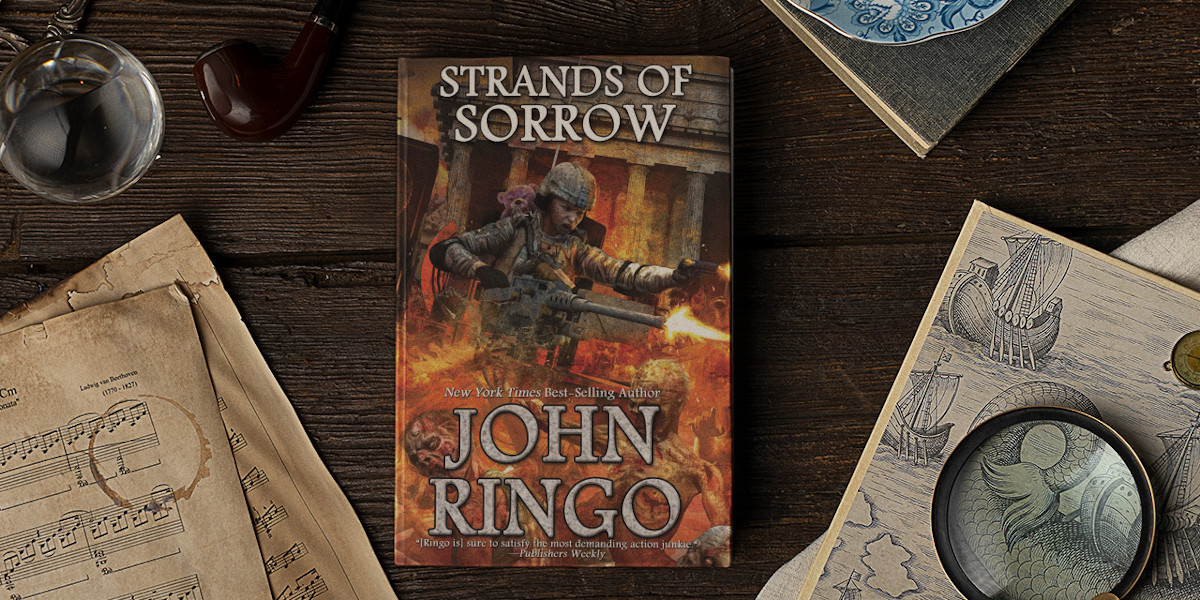Nassim Taleb's "Antifragile" Explains A Lot

Some stress, like physical exercise or intermittent fasting, makes you stronger. Other stress, like sleep deprivation or chronic anxiety, makes you weaker. So, what do you call the quality of being made stronger by stress? If you're Nassim Nicholas Taleb, you evaluate the existing words (mainly from the field of biology), find them lacking, and make your own. Hence, "antifragile" - both a concept and the name of Taleb's follow-up to the bestselling "Black Swan."
Part philosophy treatise, part economics primer, part social commentary monograph, "AntiFragile" is an absorbing treatise on the subject of risk, reward, and the importance of correctly assessing both, in every aspect of life. Populated by Taleb's unique characters, including Fat Tony, fragilistas, and interventionists, "Antifragile" brings abstract concepts vividly to life.
Throughout the book, Taleb devotes much attention to the idea of nonlinearity: small changes that have disproportionately large impacts. From traffic flow to the stock market, asymmetry is everywhere, according to Taleb, and being able to spot opportunities for asymmetrical yields has been the source of massive wealth for both Taleb and several of his acquaintances. It is this "fuck you money" that gives Taleb the freedom to teach and write about whatever catches his fancy, and it results in prose that is both erudite and earthy, but never boring.
In Taleb's view, a key factor in asymmetry is the presence of fragility. The more complex, unnatural and interconnected something is, the more fragile it becomes. Fragile things are, by definition, likely to break. If they are large and heavily interconnected, their breakage causes asymmetrically extensive damage. A prime example is the financial crisis of 2008: one type of complex investment diminished in value, but it caused a domino effect that brought the global economy to its knees.
The opposite quality - antifragility - is associated with things that are simple, self-reliant, and natural (or, as Taleb terms it, "ancestral").
"Antifragile" is a logical sequel to "Black Swan," in which Taleb explored the nature of low-probability, high-impact events. Although these black swan events are difficult to predict in particular, they can be reliably expected to occur in general. In "Antifragile," Taleb investigates how systems and people either increase their vulnerability to asymmetrical harm from black swan events (by maximizing fragility), or position themselves to reap asymmetrical rewards (by maximizing antifragility). In Taleb's view, any given black swan may have a low probability of occurring, but the likelihood of SOME black swan happening is extremely high. The larger, more complex, and fragile the system, the more it invites a devastating black swan.
One of the methods that Taleb recommends to reduce fragility is "skin in the game." He makes a strong argument that when leaders are insulated from the impact of their mistakes, they will naturally take greater risks. Consequently, they will develop systems and strategies that are fragile. When they break, the decision-makers usually walk away and start over somewhere else, while other people bear the brunt of the destruction. The obvious way to mitigate this, according to Taleb, is to force leaders to share the risk of whatever they are doing.
"Antifragile" can be dense at times, but Taleb maintains accessibility by employing short chapters subdivided into numerous sections, illustrations when appropriate (he uses happy and sad faces to explain convexity vs. concavity), and numerous reference tables, as well as an extensive glossary. Unlike professional academics (a class of person which he seems to despise), Taleb writes for an audience of normal people (although perhaps those of slightly above-average intelligence).
As part of "Incerto," Taleb's non-sequential series of books on the subject of unpredictability, "Antifragile" provides an entertaining read on the first pass, and a valuable source for future reference.


